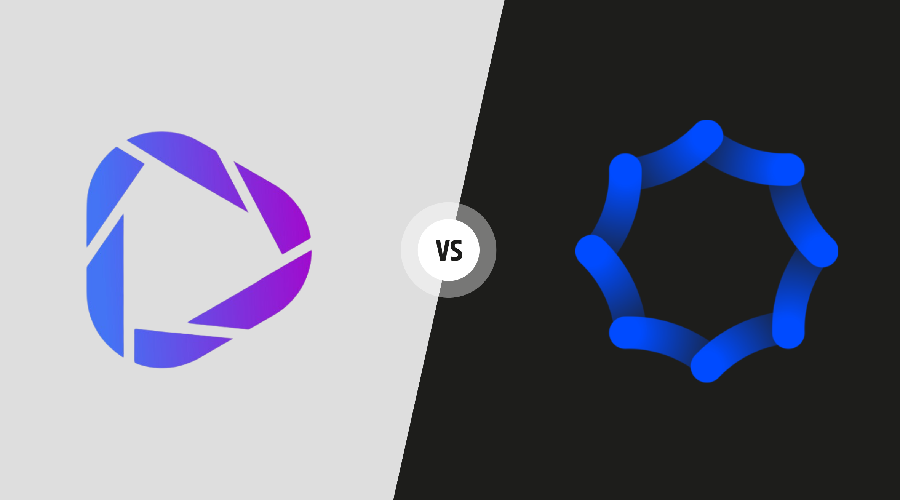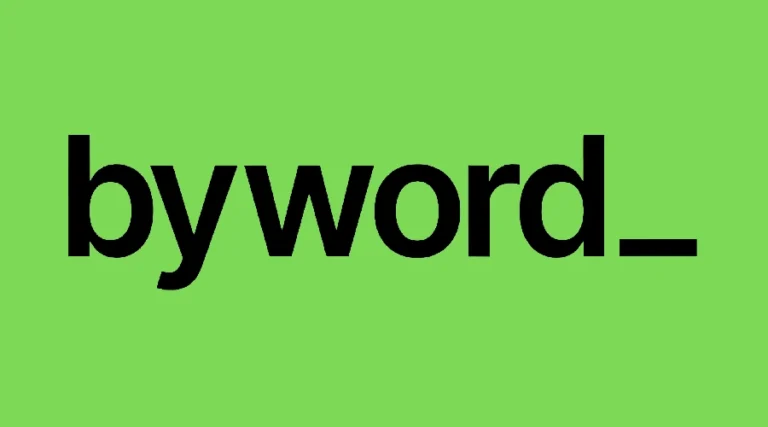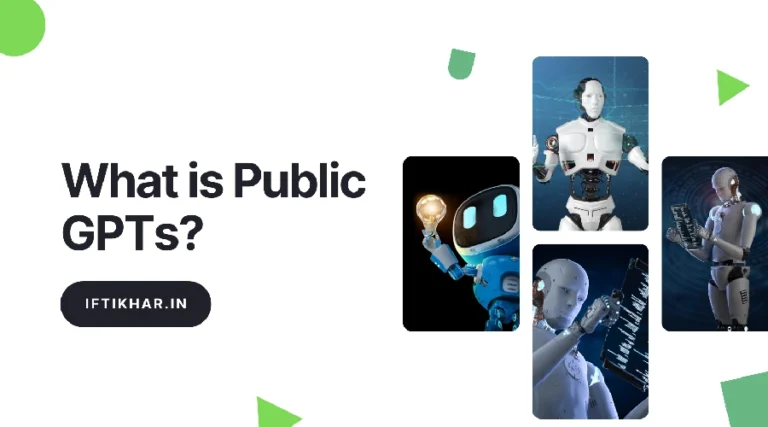In today’s digital age, video content has become a crucial tool for businesses and content creators to engage with their audience effectively. With the rise of AI-driven technologies, platforms like Synthesia and Heygen have emerged, offering innovative solutions for video creation. In this blog, we’ll compare and contrast Synthesia and Heygen, examining their features, pros, and cons to help you make an informed decision.
Table of Contents
Synthesia: Bringing AI to Video Creation
Synthesia is an AI-powered platform that enables users to create professional-looking videos using synthetic media technology. Here’s a breakdown of its features:
Features:
- Text-to-Video Conversion: Synthesia allows users to input text and generate video content with lifelike avatars speaking the provided script.
- Customizable Avatars: Users can choose from a variety of avatars and customize their appearance, including gender, age, and clothing options.
- Multiple Languages and Voices: Synthesia supports multiple languages and offers a range of natural-sounding voices to cater to diverse audiences.
- Integration with Editing Tools: The platform integrates seamlessly with video editing software, allowing users to enhance their videos with additional effects and graphics.
👍 Pros of Synthesia:
- Time-Saving: With its automated text-to-video conversion, Synthesia streamlines the video creation process, saving users time and effort.
- Cost-Effective: Compared to traditional video production methods, Synthesia offers a more affordable solution for businesses with limited budgets.
- Scalability: Synthesia’s AI-driven technology enables users to scale their video production efforts efficiently, whether creating a single video or a large volume of content.
Heygen: Revolutionizing Video Generation with AI
Heygen is another AI-driven platform that empowers users to create high-quality videos using artificial intelligence. Let’s explore its features:
Features
- Template-Based Video Creation: Heygen offers a library of customizable video templates for various purposes, such as marketing, education, and entertainment.
- Advanced Editing Tools: Users can fine-tune their videos using Heygen’s editing tools, including text overlays, transitions, and audio enhancements.
- Brand Customization: Heygen allows businesses to maintain brand consistency by incorporating their logos, colors, and fonts into their videos.
- Collaboration Features: The platform enables teams to collaborate on video projects seamlessly, with features like real-time editing and commenting.
👍 Pros of Heygen
- Versatility: Heygen’s diverse range of templates and customization options make it suitable for various industries and purposes, from social media marketing to corporate training.
- Professional-Quality Output: With its advanced editing tools and high-resolution output, Heygen enables users to create polished, professional-looking videos.
- Collaborative Workflow: Heygen facilitates teamwork and collaboration, allowing multiple users to contribute to and review video projects efficiently.
Comparing Synthesia and Heygen
While both Synthesia and Heygen offer AI-driven solutions for video creation, they have distinct features and strengths. Here’s a summary of their pros and cons:
Synthesia Pros and Cons
- 👍Pros:
- Time-saving text-to-video conversion.
- Cost-effective solution for businesses.
- Scalable video production capabilities.
- 👎Cons:
- Limited customization compared to template-based platforms.
- Avatar animations may lack human nuance.
- Dependency on text input may result in less visually engaging videos.
Heygen Pros and Cons
- 👍Pros:
- Versatile template library for various industries.
- Professional-quality editing tools.
- Facilitates collaborative workflow for teams.
- 👎Cons:
- Higher learning curve for mastering editing tools.
- Cost may be prohibitive for small businesses.
- Limited support for multiple languages compared to Synthesia.
Conclusion
Synthesia and Heygen represent two innovative approaches to video creation, leveraging AI technology to streamline the process and deliver engaging content. Choosing between the two depends on your specific needs, budget, and desired level of customization. Whether you prioritize efficiency and scalability with Synthesia or versatility and professional-quality output with Heygen, both platforms offer valuable solutions for harnessing the power of AI in video production.



A heartfelt thank you for your amazing share! Your unique perspectives and detailed explanations have enlightened me a great deal. This is such a precious experience, and I’m really grateful for your generous contribution to all of us.